Brett Ipson: Making A Difference in Children’s Lives
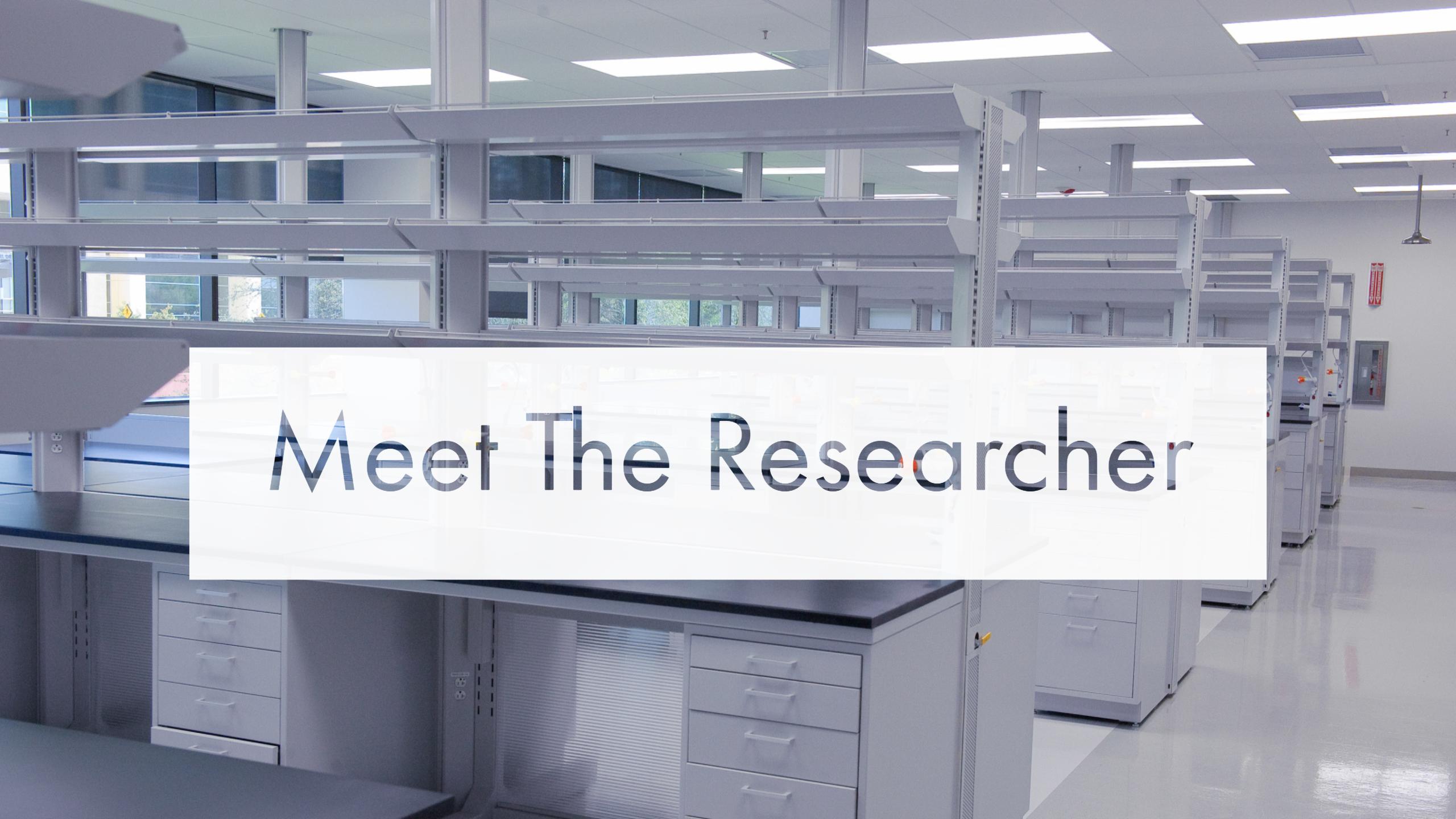
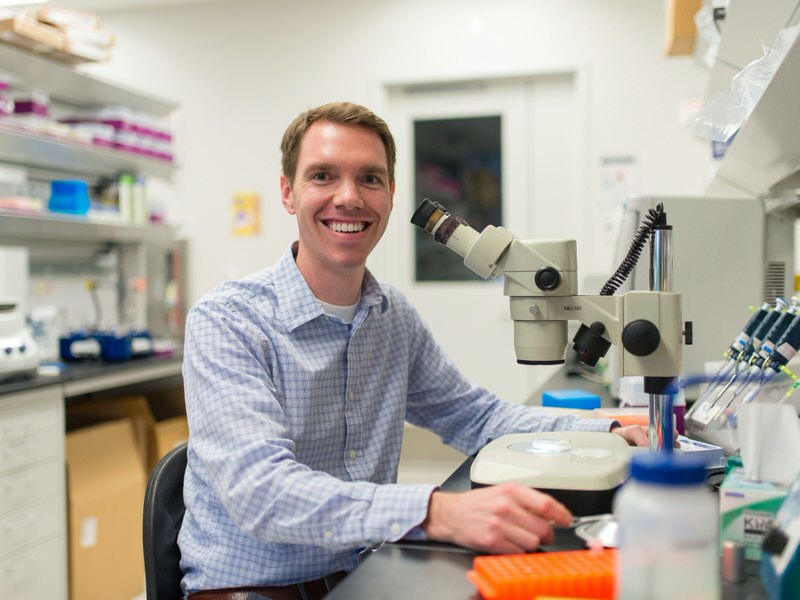 Brett Ipson knew he was interested in science since his high school biology class—-but it wasn’t until a Mormon mission in Paris following his freshman year of undergrad that he realized his true passion.
Brett Ipson knew he was interested in science since his high school biology class—-but it wasn’t until a Mormon mission in Paris following his freshman year of undergrad that he realized his true passion.
“I spoke with people of all backgrounds—from refugees to drug addicts—and in the process I realized that I greatly valued those interpersonal relationships,” he said. “From this I knew I wanted to have personal interactions with the individuals my research sought to help, and I didn’t necessarily want to be isolated to a lab for my entire career.”
He decided to apply to medical schools which is when he saw that there were M.D./Ph.D. programs which would allow him to combine his love for science and medicine.
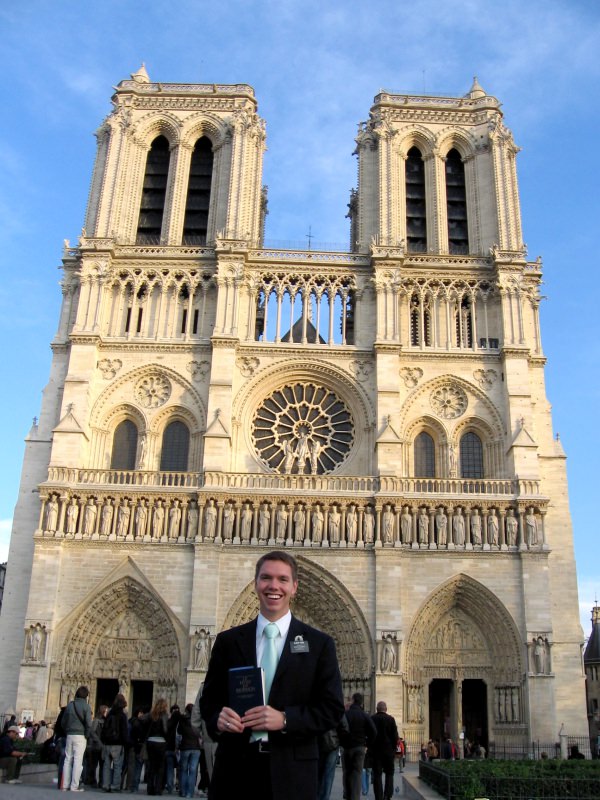
“I looked into it and I realized that it was definitely what I wanted to do,” he said. “Gratefully, Dr. Cavazos and the M.D./Ph.D. program took a chance on me, and I was ultimately able to come to UTHSCSA.
When the time came for him to select a mentor for his graduate school training, Ipson was drawn to Dr. Al Fisher.
“I needed someone to help me through the complete research process—everything from critical thinking and experimental design to grant writing and data presentation. Additionally I was looking for someone who would understand that I had to balance family, research and education,” Ipson said. “Honestly, I couldn’t imagine a better mentor.”
“At face value, it may seem strange that I joined a Biology of Aging lab when I’m interested in being a pediatrician, but I view the Ph.D. as a way to train me as a scientist and prepare me for all fields.”
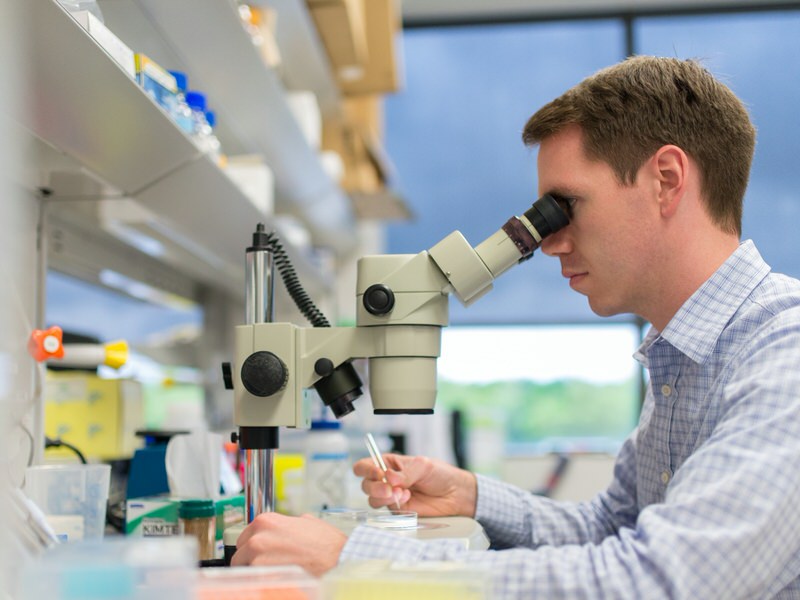 Ipson was recently awarded an F30 Fellowship from the National Institutes of Health and the National Institute on Aging for his research on the role of abnormal tyrosine isomers.
Ipson was recently awarded an F30 Fellowship from the National Institutes of Health and the National Institute on Aging for his research on the role of abnormal tyrosine isomers.
“Tyrosine is an amino acid that has a variety of functions within the cell. What I’m looking at is how abnormal tyrosine isomers, which are formed under conditions of oxidative stress, could have devastating effects in cells and contribute to diseases such as Alzheimer’s, cataracts and diabetes,” he said.
Ipson plans to use the funding to help him attend conferences in his field such as the C. elegans Topics Meeting in Wisconsin, the International C. elegans Meeting in L.A. and the National M.D./Ph.D. Student Conference in Colorado.
“Getting the F30 shows progress along my path to become a scientist; part of becoming an independent investigator is to write grants, so doing this now sets me up and gives me a foothold for future opportunities,” he said.
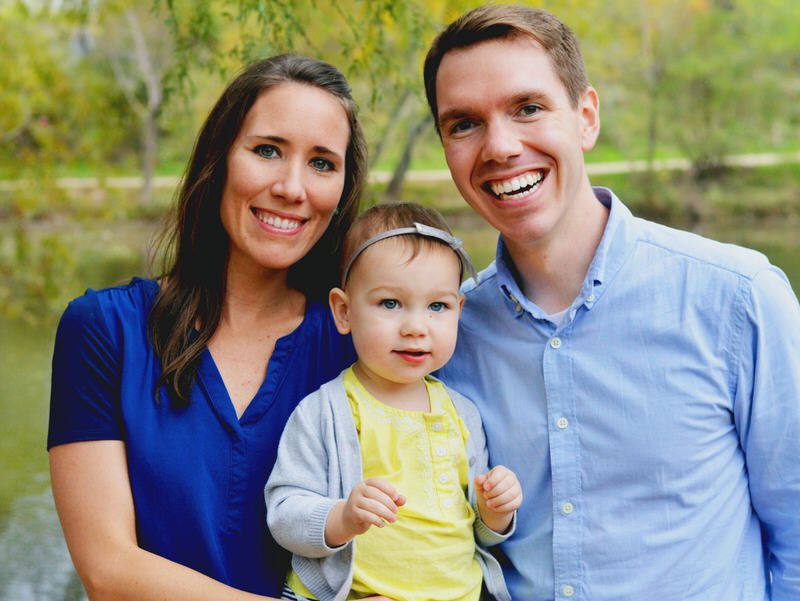 In the future, Ipson would like to become a pediatrician and also run his own lab.
In the future, Ipson would like to become a pediatrician and also run his own lab.
“I want to be a pediatrician because I love children. I have a two year old daughter, and it’s always tugged on my heartstrings to see children who are sick and suffering,” he said. “I hope to use my scientific knowledge to help them in any way I can, whether this will be in the lab or in the clinic.”
 This article was written by Charlotte Anthony, marketing specialist at the Graduate School of Biomedical Sciences at UT Health San Antonio. This article is part of the “Meet The Researcher” series which showcases researchers at the Graduate School of Biomedical Sciences at University of Texas Health Science Center San Antonio.
This article was written by Charlotte Anthony, marketing specialist at the Graduate School of Biomedical Sciences at UT Health San Antonio. This article is part of the “Meet The Researcher” series which showcases researchers at the Graduate School of Biomedical Sciences at University of Texas Health Science Center San Antonio.
